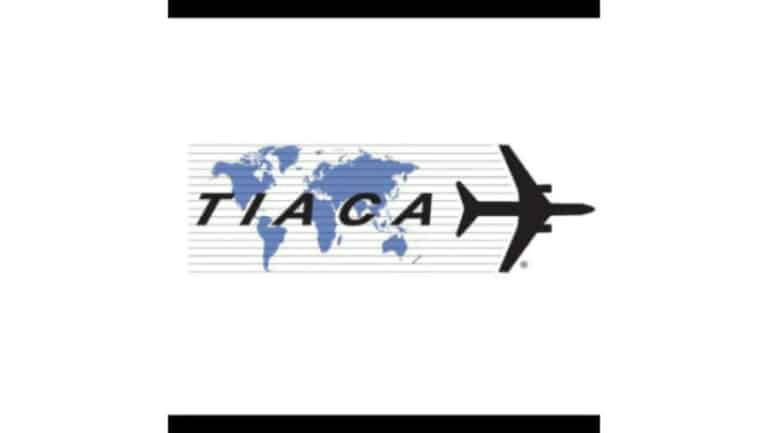The International Air Transport Association (TIACA) has launched the pilot for its online Cargo Service Quality (CSQ) Tool with 15 cargo terminals trialling the scheme.
The tool allows forwarders to rate and review service quality they receive at participating hubs, based on factors including processes, technology, facilities, regulators and general airport infrastructure.
The initiative aims to provide airports and cargo terminals with the business insight to optimise investments and identify areas that need improving.
The tool incorporates a four-step process: benchmarking, assessment, improvement, and excellence – as a way of raising cargo service standards.
TIACA vice chairman, Steven Polmans, who is also head of cargo and logistics at Brussels Airport Company says: “The CSQ tool will benefit the worldwide air cargo community by improving visibility and facilitating global standards, and TIACA is pleased to be at the forefront of such an exciting development.”
Cargo terminals taking part including Delhi Indira Gandhi International Airport, PT Jasa Angkasa Semestra in Indonesia, Asia Airfreight Terminal in Hong Kong, and Singapore Airport Terminal Services.
Delhi International Airport chief commercial officer, Sanjiv Edward is leading the CSQ initiative, and comments: “This initiative encourages collaboration between all the stakeholders and integrates the quality of service delivery throughout the entire global air cargo chain. It will be very useful in understanding the requirements, expectations and areas of improvements identified by customers through this assessment tool.
“It will also provide an excellent opportunity for cargo terminals to demonstrate to their customers the level of cargo service quality they deliver.”
Other airports taking part in the pilot include Chennai International Airport, Rajiv Gandhi International Airport and Netaji Subhas Chandra Bose International Airport in Kolkata.
Participating terminals will also be able to access global performance data and establish relevant benchmark parameters.
The commercial launch of the tool is scheduled for June 2018.


